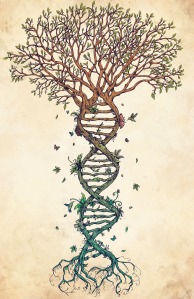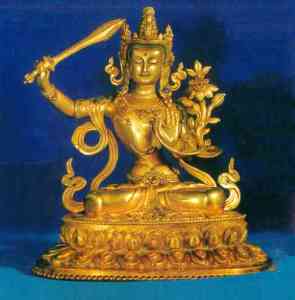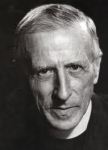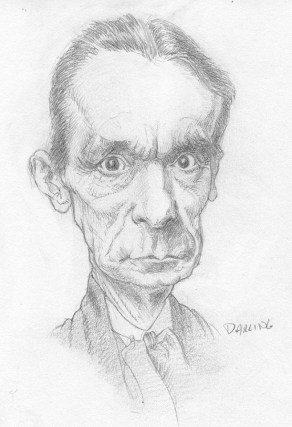Jesus often preached and taught on the “coming of the kingdom,” an idea which has held captive the imagination of his followers for millennia. Many have predicted the return of Jesus, also known as the “second coming” (and along with it the kingdom of God) for generation after generation, only to be let down and confounded by the failure of their prognostication. But this understanding concerning the coming of the kingdom just will not do. Preston Harold helps us to get a hold on reality:
All that Jesus said of the coming of the kingdom does not refute its existence and present operation, but serves to identify that of which He speaks as being completely involved both in being and in becoming, just as entropy is involved in that which is and is coming to be – with becoming in the universe – which is to say, time.
It is time – real time and the meaning of time – that unites the unconscious and nature’s supreme law which, in Jesus’ teaching, therefore, share the words: kingdom, heaven, realm, and reign of God. In the physicists’ view, entropy “points time’s arrow,” and the unconscious in man is capable of calculation of time, as is demonstrated in posthypnotic response to suggestion made to the second after a span of minutes, days, months, or even years.
If one will not concede that Jesus’ references to the kingdom of heaven pertain to the unconscious and to the working of supreme natural law in man’s being and throughout the universe, he must ask himself anew what these passages refer to and concede that they cannot deal with any sort of eternal abode for the “redeemed” because Jesus says that “Heaven and earth shall pass away…” but not “my words,” not consciousness’ manifestation.
How many Christians are willing to “ask themselves anew what these passages refer to?” How many teachers are willing to leave behind the comfortable and traditional teachings and lead the Church into a new understanding of the teachings of Jesus? The modern knowledge of the quantum realm and the second law of thermodynamics have thrown the door wide open to understanding “open secrets” of scripture in a way that our current times demand. It is TIME for us to grasp the purpose of TIME!…
The passing away of “heaven” indicates that the unconscious domain will at some point no longer exist as such because its content and power will be realized – herein is the becoming, or the coming of the inner kingdom unto each man. The passing away of “earth” indicates change born of the operation of the second law of thermodynamics, and it indicates also that flesh expressed by partial consciousness will pass away as a material embodiment born of complete comes into expression. But Jesus said of the kingdom’s coming – of time’s working in the unconscious and in the universe through entropy’s increase – “The kingdom of God cometh not through observation (Or, with outward show)…” as man expected it to come in His day. Perhaps it is as unlikely that the “end of the world” will come as the physicists expect it today as that it will come as the early Christians expected it, for the meaning of the supreme natural law and its working in universal terms is not yet known – cannot be known entirely until the innermost workings of the universe are known, and until time’s meaning is grasped.
Jesus said that the answer as to when “becoming” will be achieved is not accessible to Homo sapiens’ consciousness: “But of that day and hour knoweth no man, no, not the angels which are in heaven, neither the Son, but only the Father.”
We will continue exploring time in our next post. Until then, peace…



















